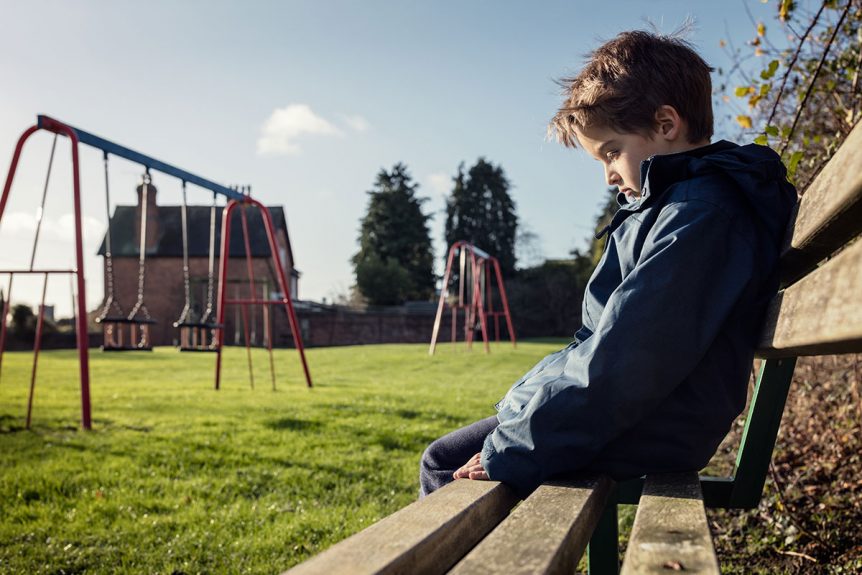The Bridge Fund Can Offer Better Beginnings.
Growing up in a stable home is critical to a child’s well-being. Homelessness can mean:
- Living in a car
- Staying in a shelter
- Crowding in with relatives
This poses very specific health risks to children that often result in long-term psychological problems.
In 2018, as many as 45,600 New York City children spent at least one night in a public shelter. In that same year, The Bridge Fund kept 754 children in their homes in Westchester and in the 5 boroughs of New York City.
“If they can stay in their home, children avoid the trauma associated with eviction and all of the emotional and educational problems that can follow.”Nan Pollock, co-Founder of The Bridge Fund
Children Bear the Brunt of Homelessness.
The experience of being homelessness is especially frightening for children. Imagine worrying about why your parents are so upset, or how you will get to school, or even where you’re going to sleep at night.
“Homelessness for children is more than the loss of a house. It separates them from their belongings, their pets, reassuring routines, friends and community. Ongoing, chronic stress can have profound and lasting effects…”Dr. Ellen Bassuk, Founder of the National Center on Family Homelessness
The troublesome facts are these:
- 50% of school-age homeless children experience anxiety, depression, or withdrawal compared to 18% of non-homeless children.
- More than one-fifth of homeless preschoolers have emotional problems serious enough to require professional care—although less than one-third receive any treatment. Their behavioral problems include short attention span, withdrawal, aggression, sleep disorders, and speech delays.
- Homeless children are physically sick at twice the rate of other children. Due to overcrowding and inadequate sanitation in public shelters, they suffer twice as many ear infections, four times the rate of asthma, five times more stomach problems, and are at greater risk of lead poisoning.
- Homeless children are twice as likely to repeat a grade compared with other children. Moving from shelter to shelter leads to poor school attendance and falling behind in educational achievement. The feeling of failure impacts a child’s sense of self-worth. Students who have experienced any period of homelessness during high school, are more likely to leave without a diploma.
A Better Future Begins with a Stable Home.
Since its founding in 1991, The Bridge Fund’s two programs in New York City and Westchester have helped more than 42,136 individuals including 17,998 children achieve housing stability. Because they did not lose their homes, these children were able to regularly attend their neighborhood schools and maintain supportive relationships with teachers and friends.
With the generous support of our donors and the expertise and compassion of The Bridge Fund staff, the 10,300 children of New York City and the 7,600 in Westchester—and their courageous, resilient parents—have been given a better start in life.


